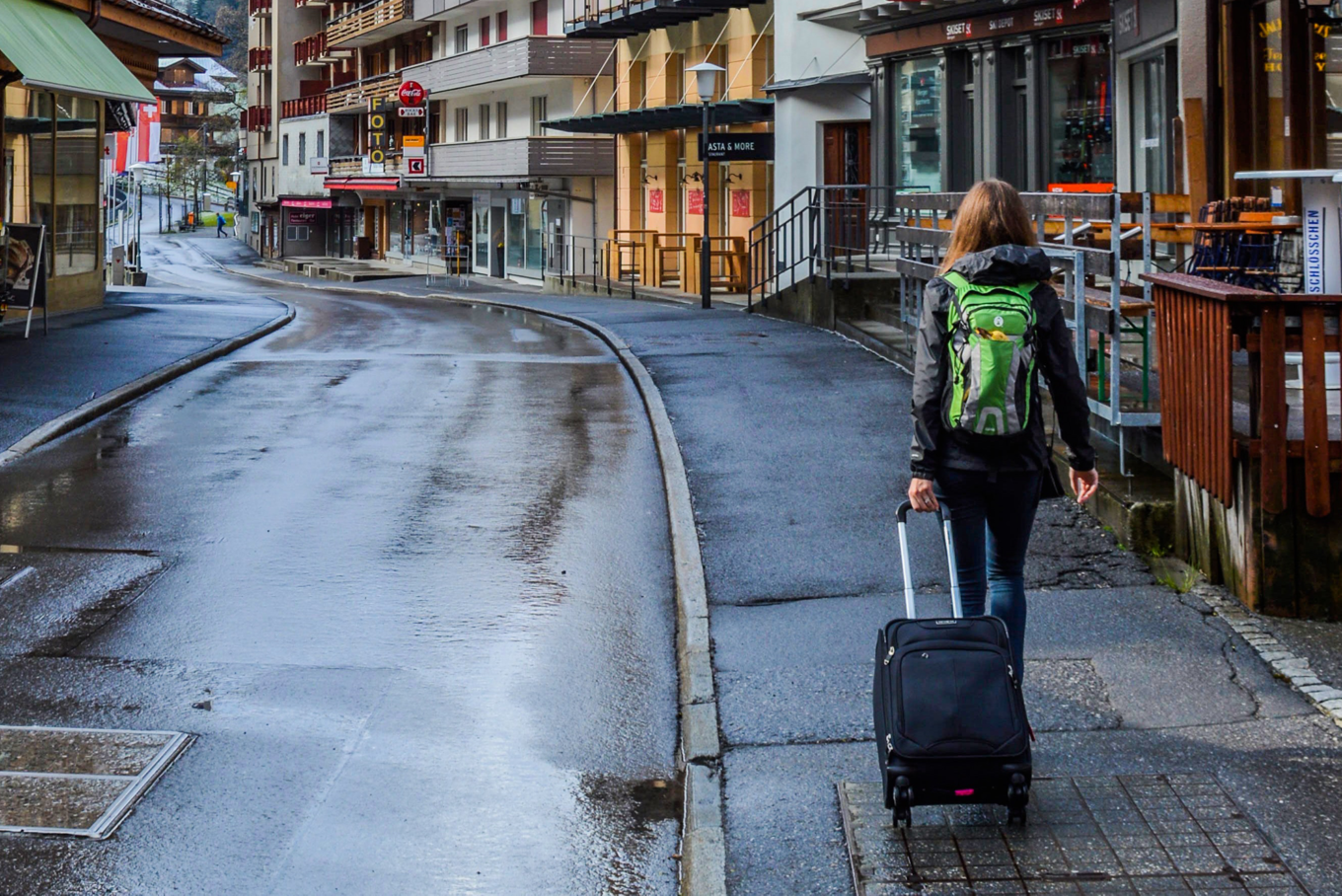“Describe your ideal mate” is a standard profile request on dating websites. If you’ve spent much time searching those profiles you’ve no doubt encountered the term “well-travelled”, usually preceded by the phrase “must be”. There, and elsewhere, this term is used as a correlate of sophistication, financial independence, and cultural openness; good qualities, to be sure. But does a volume of travel (number of miles and/or destinations) always correlate to a lofty measure of those attributes?
Having spent quality time in another culture does indeed shape your world-view in mostly positive ways. But the operative phrase in that statement is “quality time”. The “quality” suggested here is about being immersed in the specifics of a different culture for the sake of appreciating its virtues and the people who embrace them. Historically, the difficulty and cost of travel to foreign countries meant all of your time on other shores was “quality time”. More recently, though, there has been a dilution of the culture that foreigners are exposed to as countries attempt to lure tourists and their travel dollars.
A classic example of a comfort zone is a familiar culture. The comfort part of our own culture is that we have to think less about what constitutes “proper” conduct and adequate consideration for our fellow citizens, not to mention the various laws of the land. Some of the most successful efforts to promote tourism to foreign travelers are those that send the subtle (or not-so subtle) message that visitors will find all the “comforts of home”; code for providing many of the familiar cues of their home culture.
Signs of these “comforts” are things like tour buses with guides in the visitors’ home language, global-branded hotels with multi-lingual agents, all-inclusive packages, formulaic airports with multi-lingual announcements, etc. In short, today’s world traveller will find it easy to avoid that “quality time” in another culture, while still being able to boast about “being there”.
What all this suggests is that travel to foreign countries today is no longer any guarantee of sophistication or cultural openness. There need be little or no real adventure in the act of visiting a foreign country anymore. Add to that the relative low cost of deregulated air travel, and cross-border visitation is no longer a measure of financial status either. While this has been true for some time now, the myth of being “well-travelled” as a measure of something virtuous lives on to this day.
Adding to the myth-factor is the fact that being well-traveled as measured by quantity alone can also be evidence of dysfunction. Dysfunctional travel is practiced by those who believe that happiness only exists somewhere other than where they are, so they travel in an effort to find that happy place. But, you know the saying, “Wherever you go, there you are.” So, they inevitably bring their unhappiness with them on that long trip.
However, the acknowledgement frequent flyers receive from others for the sheer number of destinations visited is all the validation they need to believe they are somehow better people. Not happier, but better; as if “better” could be defined any other way. The stickers affixed to the outside of suitcases may have disappeared, but wallowing in the recognition (read: envy) those stickers were designed to elicit remains as an end unto itself.
And, there’s more: I had a neighbor once who travelled extensively to foreign countries. The stories he told of those travels were harrowing tales of drama and hardship; the kind of stories a career military officer would tell as he identified each of the medals on his chest. Yet, you didn’t need to probe too deeply to realize that he only experienced those other countries through the expansive windows of a tour bus. Back home, he had never even been to a museum or an art gallery in our own town, but by god he had “been to” Istanbul. Many people I have known over the years have traveled to every part of the planet, but couldn’t tell you the names of the people who live two doors down.
In modern times being well-traveled is so easy and so inexpensive and so culturally unchallenging that it doesn’t really say much about the worldliness or even the financial status of globe trotters. However legitimate being well-travelled as a character reference may have been a few generations ago, that connection is now long gone. So, perhaps it is also time to retire that “well-traveled” bullet point from the list of “ideal mate” criteria as well.

